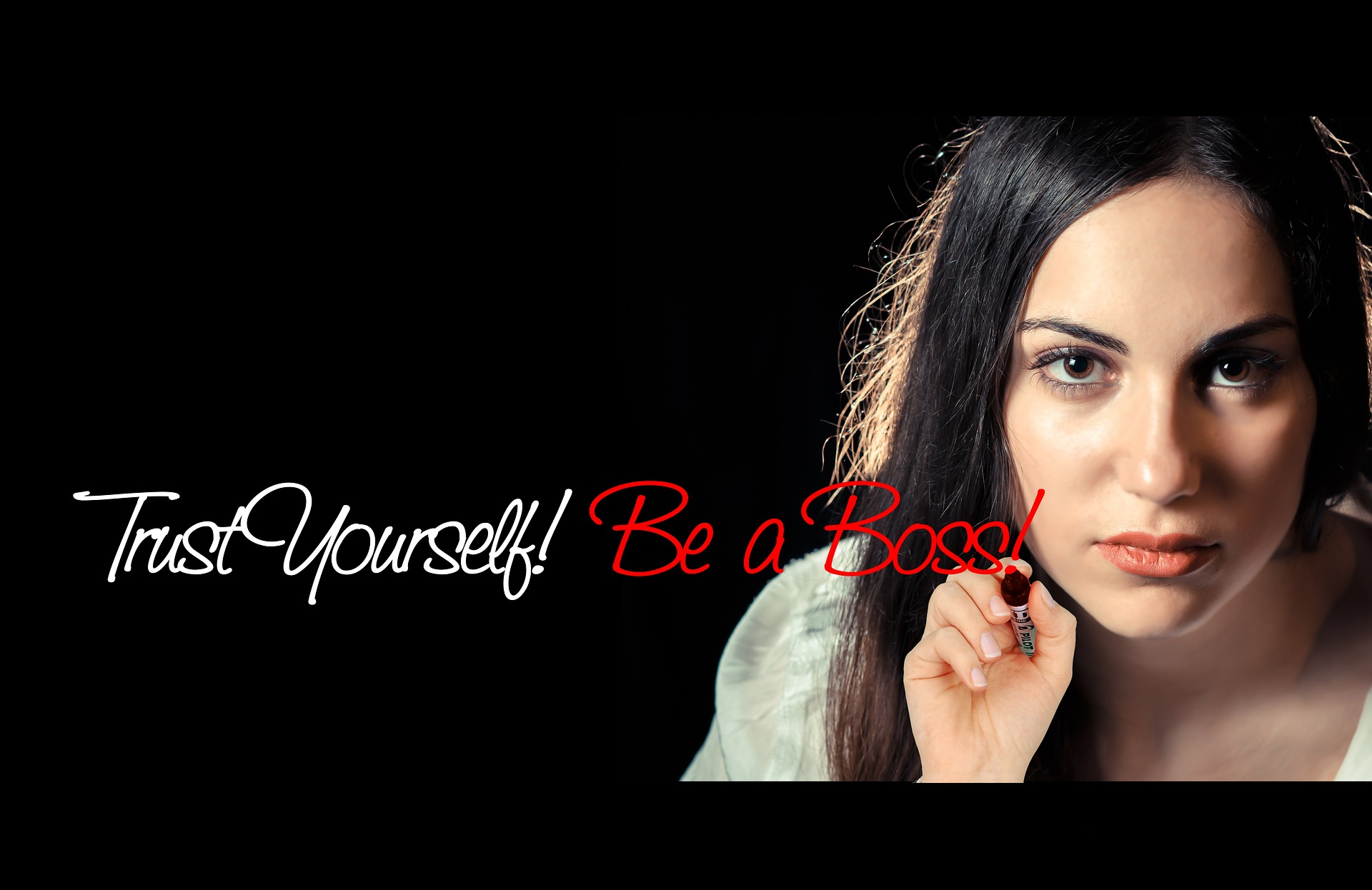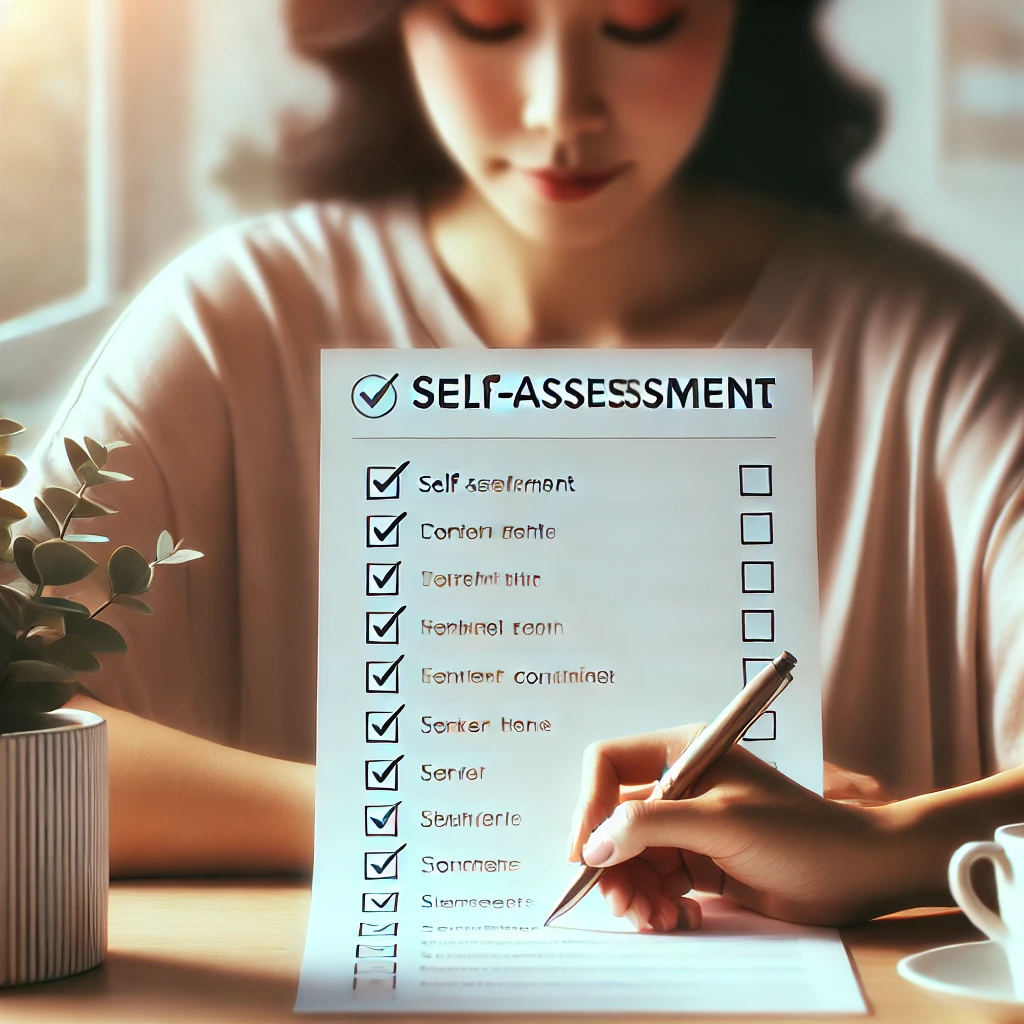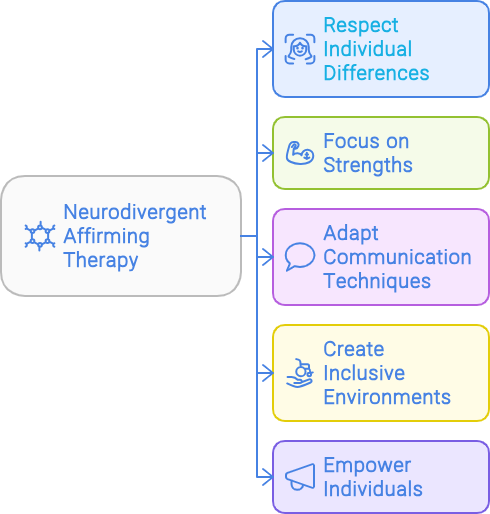
ADHD and Career Development: Empowering Neurodivergent Women

Building a Career with ADHD: Mindset and Strategies
It's estimated that those with ADHD receive 20,000 more negative messages by age 10 than positive ones. It's hard to envision a career path when you feel bad about yourself, don't know yourself well, and lack confidence. It's no wonder that many ADHD women struggle with the confidence to begin charting a path to a career. They believe something is wrong with them; how can they start this journey?
Beginning a career path requires confidence, goal setting, and determination. That's tough when you have a history of not trusting yourself. It's understandable, though. Everyone who has tried to "help you" has been focused on your problems (if you've gotten help). Most professionals view ADHD from a deficit-based model, but what if we tried to view ADHD from a positive or strength-based model?
ADHD women have many strengths. Edward Hallowell, a doctor who treats ADHD and struggles with it himself, is known for taking this approach. To do this work, seeing your ADHD as more positive than negative is essential. It's beneficial to find a career that plays to your strengths!
Reframing ADHD: Mirror Traits
Hallowell created the concept of Mirror Traits. For instance, "hyperactive" can also be considered "energetic," and in the workplace, it often translates that way. He also reframes creativity as impulsivity gone right.
Dr. Hallowell is a profoundly loving and inspirational man who has taught and treated many ADHDers. If you can track down a video of him speaking, see him in person, or find a podcast, I highly recommend it. If your mindset requires some help, start the hard work of reframing your ADHD "symptoms."
Finding What Matters: Values and Strengths
As an ADHD woman, it's crucial for you to be interested in your job. Women with ADHD struggle with motivation and attention when they are bored. However, you will thrive when it is work that you are interested in and enjoy. It would help you have a career you can be absorbed in, excel at, and value. The problem is, you may have spent so much time trying to please everyone else and thinking you aren't good enough that you might not know who you are. All the negative messages, shaming, and criticism may have brought you far from the essence of what you enjoy, what you are good at, and who you are. You may need help relearning what is essential to you, what you are good at, and what you love.
Tools for Discovering Your Career Path
Defining Your Core Values
Values are who you are at your core—your most profound sense of what is important to you. I use values to work with all of my clients, and it is a central tool in Acceptance and Commitment Therapy (ACT), which I often use in my therapy practice. As we move through life, negative messages, fear, anxiety, and depression move us away from who we are, and we start making decisions based on things other than who we truly want to be as people. Values exercises can help us get back in touch with who we indeed are deep down. Here are two tools I use with my clients:
- Values Inventory: This tool helps you identify what matters most by listing and prioritizing your core values. Reflecting on these can guide you toward careers aligning with your beliefs and passions.
- Values Essays: Writing essays about your values can provide deeper insights into what drives you. This exercise can reveal patterns and themes in your life that point to a fulfilling career path.
Recognizing Your Character Strengths
- Edward Hallowell, M.D., Ed.D., writes, "Ignoring strengths tends to extinguish them, or at best, not develop them." Knowing your strengths can help you match them to a career where you will use them best. A website that offers a free analysis of your top strengths universal across cultures and nations is VIA Character Strengths. It has several articles about strengths and offers more sophisticated analysis for a small fee. This site is used by many career coaches, especially those who work with ADHD.
- According to VIA Character Strengths, knowing your strengths can:
- Improve your relationships
- Enhance health and overall well-being
- Buffer against, manage, and overcome problems
Reflecting on Childhood Interests
Still stuck? Tracy Otsuka, a career coach who works with ADD women, suggests thinking back to what you loved doing as a child and a teen. You can begin remembering things you loved doing that you may have forgotten about. Did you love to garden, paint, or play with dogs? This may be the key to the direction you need to look in for your career. Whatever you choose, remember ADHD women need to be interested, challenged, and happy in their careers. Each has unique characteristics they can capitalize on and will be an asset to the right job.
In my work with ADHD women, I also find that having a supportive work environment with a manager who understands your strengths is essential. Of course, many women with ADHD are entrepreneurs, which is often the best fit.
Building a Support Network for Success
Surround yourself with people who believe in you and your abilities. This includes mentors, friends, family, and professionals who understand ADHD. A strong support network can provide encouragement, advice, and feedback, helping you stay motivated and focused on your career goals.
Finding a Mentor
Finding a mentor who understands ADHD can be incredibly beneficial. They can offer guidance, share their experiences, and help you navigate challenges. Look for mentors within your industry or join ADHD support groups where you can connect with others who share similar experiences.
Seeking Professional Support
Consider working with a career coach who specializes in ADHD. They can help you set realistic goals, develop strategies for managing ADHD symptoms in the workplace, and provide accountability. Therapists who understand ADHD can also help you work through any emotional barriers that might be holding you back.
Embracing Lifelong Learning
ADHD often comes with a love of learning and exploring new things. Embrace this by continuously seeking out new knowledge and skills. This not only keeps you engaged and motivated but also makes you more adaptable and valuable in the workplace.
Online Courses and Workshops
Take advantage of online courses and workshops to build new skills or deepen your knowledge in areas of interest. Websites like Coursera, Udemy, and LinkedIn Learning offer a wide range of topics that can help you advance your career.
Networking Events and Conferences
Attend industry-specific networking events and conferences. These can provide opportunities to learn from experts, discover new trends, and connect with potential employers or collaborators.
Practicing Self-Compassion
Finally, be kind to yourself. Recognize that everyone has strengths and weaknesses, and it's okay to struggle sometimes—practice self-compassion by treating yourself with the same kindness and understanding that you would offer a friend. Here is a good page on how to start.
Mindfulness and Meditation
Mindfulness and meditation can help you stay grounded and reduce stress. These practices can improve your focus, emotional regulation, and overall well-being, making it easier to pursue your career goals.
Positive Self-talk
Use positive affirmations to counteract negative self-talk. Remind yourself of your strengths and achievements regularly. This can boost your confidence and help you maintain a positive outlook on your career journey.
By focusing on your strengths, understanding your values, and building a supportive network, you can create a fulfilling and successful career path that aligns with your true identity.
Medical information obtained from this website is not intended as a substitute for professional care. If you have or suspect you have a problem, you should consult a healthcare provider.







